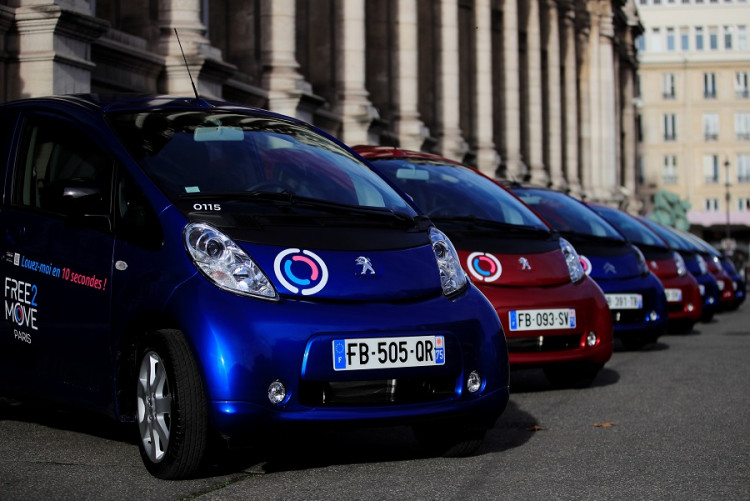Chinese car sales dropped five consecutive times since 2017. The data which is released in December also showed that Chinese car sales in 2018 are lesser than the sales in 2017. It means that Chinese desire to own cars lessened and one of the reasons is the flourishing ride-sharing and car-sharing services in the country.
Car ownership has been everyone's dream is was popularize by western culture especially in the United States. It has been a symbol of everything good since 20 years ago. The trend, however, is dying especially in some Asian regions.
Goldman Sachs analysts predicted car sales will deteriorate as 2021 reaches. The analysts think that inventory isn't a multiyear high and volumes have deteriorated continuously. Some of them think that the worst in car sales is about to come.
According to predictions, in 2021 around 70 percent of the growth in car sales worldwide will come from China. It simply means that the increase or decrease in sales in the country will likely affect car sales globally since many top manufacturers have operations in the country.
Analysts' doubt in car sales has solid grounds. It is part of a much wider slowdown in retail sales in China. The consumers' sentiment in the U.S. - China trade friction also accounts to the factors that affected the drop. Other factors also contributed to the drop including tight credit conditions especially for households, lower stock and poverty prices, and the end of tax breaks. The policies tightened everything since they were implemented three years ago.
Chinese transportation is largely transforming and cars hold the biggest part of the country's sharing economy although it is fundamentally deflationary. Cars use evolved from being a household aspired manufactured goods into public service vehicles. The Chinese government promotes the use of cleaner electric vehicles in exchange for the traditional polluting, fuel-run vehicles.
China's transformation is moving at a fast rate. Data showed that retail sales in the country are at the verge of a much drastic slowdown compared to the 6.2 percent growth prediction of JPMorgan for this year.
Ride-sharing and car-sharing services in the country played are one of the biggest reasons why fewer people wanted to purchase cars in the urban areas despite that income in the urban areas is much higher when compared to those in the countryside. It means that affordability of the cars is not an issue to the slow demand.





